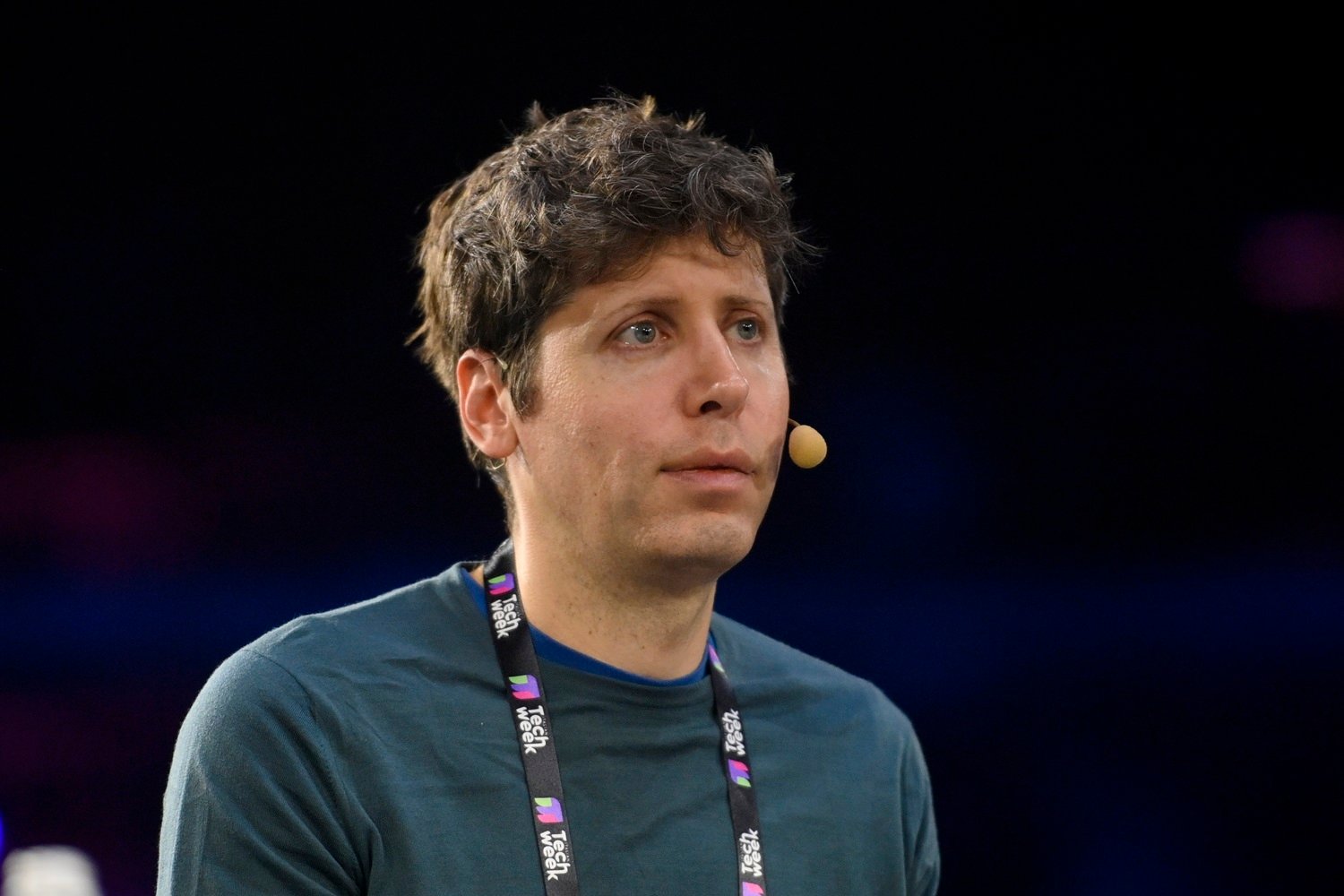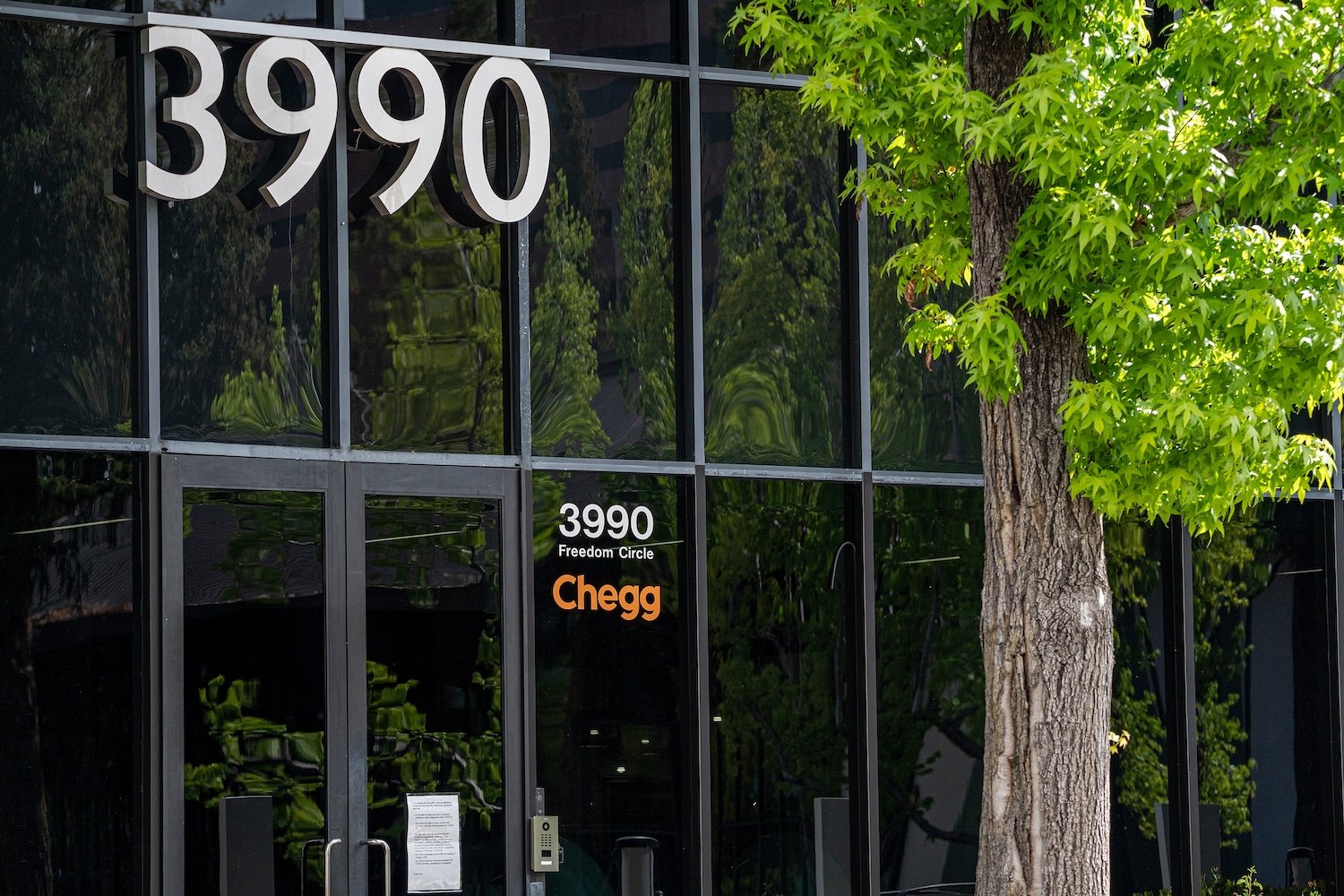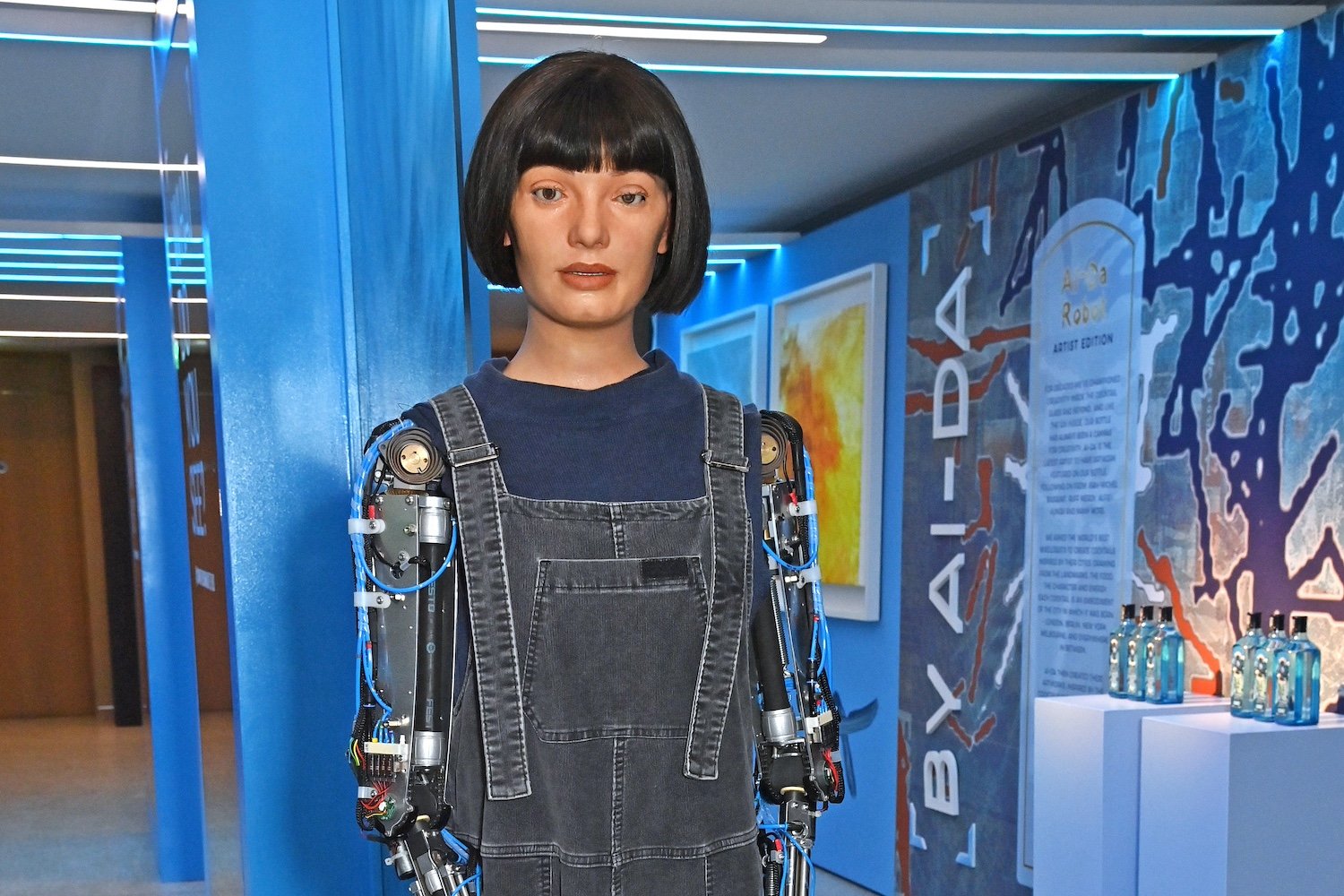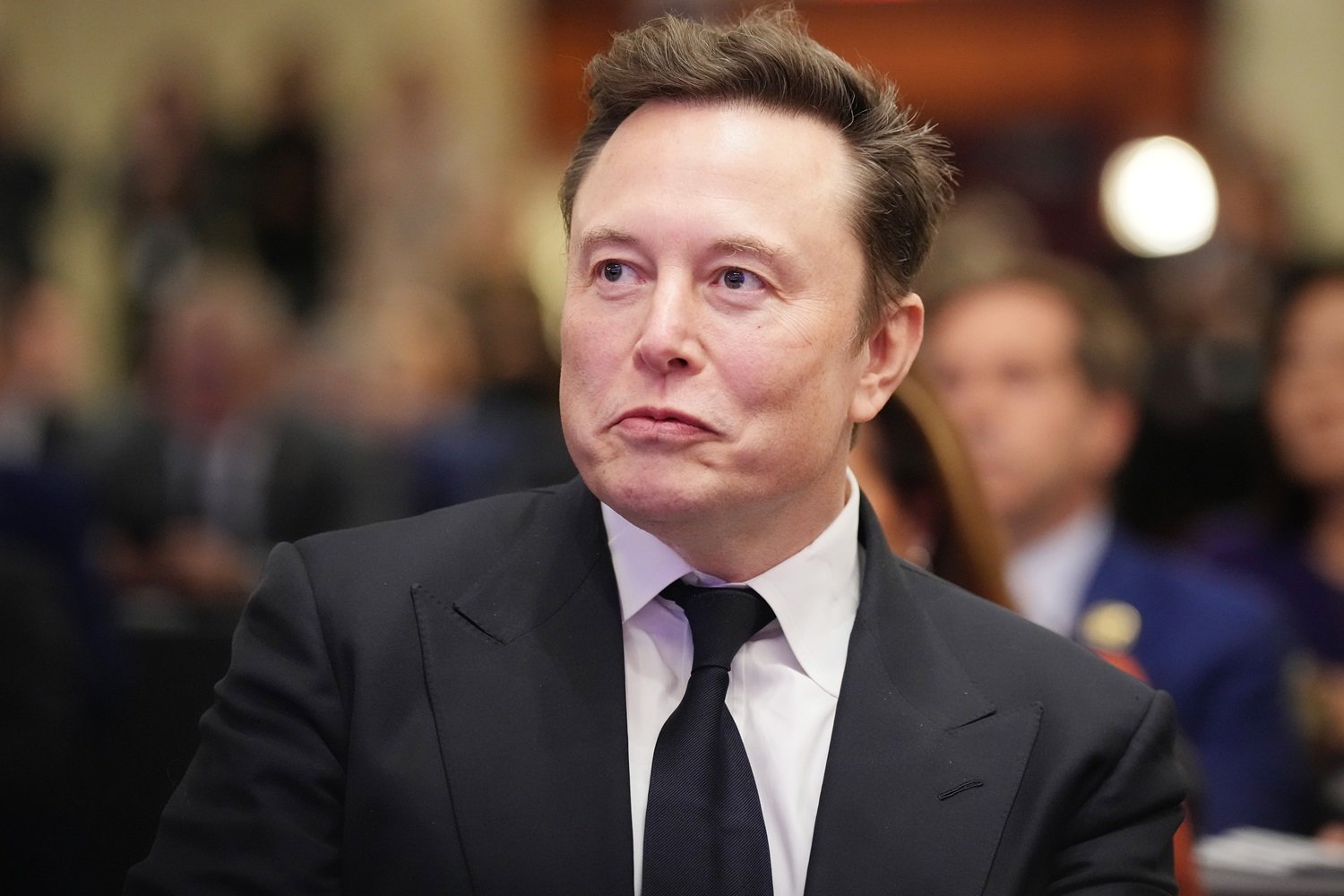The tech landscape is shifting dramatically with Trump’s return to the presidency, and companies like OpenAI face an uncertain future. While billionaires like Mark Zuckerberg have seen their wealth surge, and Elon Musk’s influence has grown exponentially, OpenAI’s financial struggles and its CEO Sam Altman’s tenuous relationship with Musk pose significant challenges.
OpenAI’s primary product, ChatGPT, enjoys popularity among students and professionals, but its freemium model presents a financial burden. While boasting millions of users, the majority utilize the free version, contributing to the company’s projected $5 billion loss this year. The escalating costs of running the AI models, estimated to reach $37.5 billion annually by 2029, raise serious concerns about the company’s long-term viability.
Much of OpenAI’s funding and computing power comes from Microsoft. However, the relationship between the two companies has become strained. The abrupt ousting and subsequent reinstatement of Altman by OpenAI’s board, coupled with the company’s unconventional structure and its pursuit of Artificial General Intelligence (AGI), have created friction.
Microsoft appears to be diversifying its investments, focusing on enterprise AI solutions and lucrative government contracts. Competitors like Meta and Anthropic are already making inroads into this space. Meta’s open-source Llama models and its partnerships with government agencies, along with Anthropic’s collaboration with Palantir and Amazon Web Services to provide AI tools to the Department of Defense and intelligence agencies, highlight the growing trend of prioritizing practical applications over the pursuit of AGI.
OpenAI’s efforts to secure government contracts have yielded limited success, with relatively small deals with NASA and the Department of Agriculture. These pale in comparison to the substantial financial needs of the company.
Complicating matters further is the contentious relationship between Altman and Elon Musk. Musk, an early investor in OpenAI, has publicly criticized the company’s direction and its leadership. He claims to be the reason for OpenAI’s existence and has expressed dissatisfaction with its deviation from its original mission. Legal disputes and public exchanges between Musk and OpenAI have further exacerbated the tension.
With Musk’s growing influence within the Trump administration, Altman’s future at OpenAI becomes even more precarious. While Altman has publicly congratulated Trump and emphasized the importance of the U.S. maintaining its leadership in AI development, his strained relationship with Musk could prove to be a significant obstacle.
Musk’s close ties to the president-elect, his significant wealth and influence, and his control over key companies like SpaceX and X (formerly Twitter) position him as a formidable force in the tech world. Altman, in contrast, faces financial challenges and a powerful adversary.
OpenAI’s future hinges on its ability to navigate this complex political and economic landscape. Its success will depend on securing substantial funding, forging strategic partnerships, and potentially mending the fractured relationship between Altman and Musk. Whether OpenAI can achieve these goals remains to be seen.











